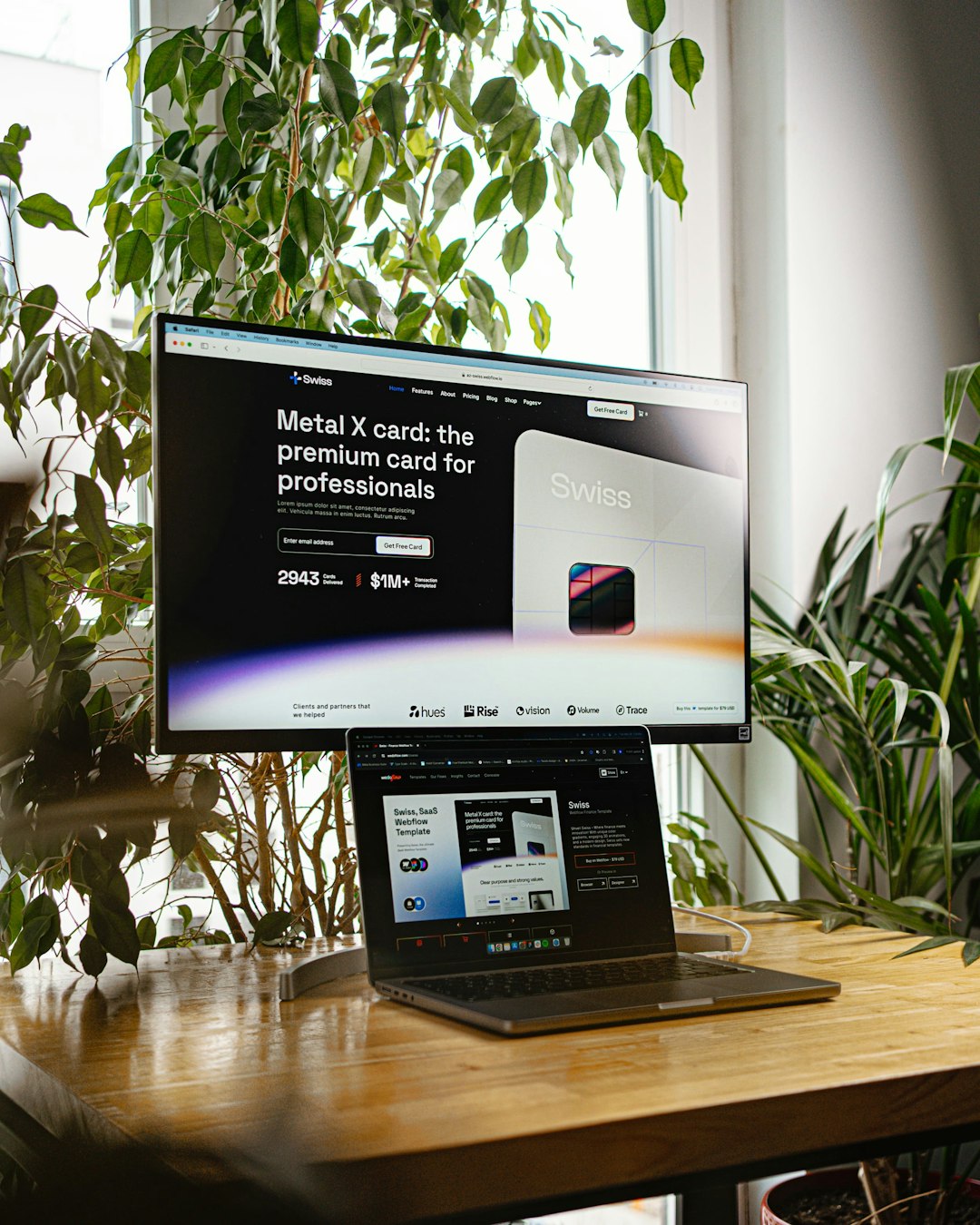Introduction
When was the last time you updated your homepage?
If you’re scratching your head trying to remember, you’re not alone. Many business owners set up their website, write their homepage content, and then forget about it for months—or even years.
But here’s the reality: your homepage isn’t a one-and-done project. It’s the digital front door to your business, and if it’s outdated, slow, or irrelevant, you could be losing both visitors and SEO ranking.
In this blog, we’ll explain why keeping your homepage updated is critical for staying on top of search engine optimisation (SEO), improving user experience, and maintaining a competitive edge online.
Why Your Homepage Matters
Your homepage is often the first impression potential customers get of your brand. Whether someone is searching for your services or hears about you through word-of-mouth, chances are they’ll land on your homepage first.
From an SEO perspective, search engines like Google crawl your homepage more frequently than many other pages on your website. That means fresh, relevant content here can influence your entire site’s visibility.
So, if your homepage is outdated, lacks clarity, or isn’t aligned with current SEO best practices, it’s not just a cosmetic issue—it’s costing you traffic, leads, and conversions.
- Search Engines Love Fresh Content
Google’s algorithms prioritise websites that provide up-to-date and useful content. If your homepage hasn’t changed in a long time, Google might interpret it as stale or irrelevant.
By updating your homepage regularly—think new headlines, recent blog links, service updates, or customer testimonials—you’re sending a signal to search engines that your website is active and trustworthy.
Tip: Add a “Latest News” or “What’s New” section to showcase fresh updates, case studies, or blog posts.
- Better User Experience = Lower Bounce Rate
When users land on your homepage, they’re looking for specific information:
• What do you do?
• Is your business still active?
• Are there any recent offers or updates?
• Is this the right place for what they need?
An outdated homepage with irrelevant content or broken links can increase your bounce rate—that’s when visitors leave your site without taking any action.
Updating your homepage helps you create a clearer path for users to navigate your site, find what they need, and engage with your business.
- Reflect Current SEO Trends and Keywords
SEO is constantly evolving. The keywords your customers used last year might be different from the ones they’re using today.
If you haven’t reviewed or updated the keyword strategy on your homepage recently, you might be missing out on valuable search traffic.
Use tools like Google Search Console or SEMrush to analyse what keywords are bringing traffic to your site, and then adjust your homepage content accordingly.
Examples of easy homepage keyword updates:
• Update meta titles and descriptions
• Refresh your H1 and H2 headings
• Add new internal links to popular pages or blogs
• Include trending questions or FAQs
- Stay Ahead of Competitors
Your competitors are (or should be) updating their websites regularly. If they’re publishing fresh content, showcasing recent projects, or featuring new services, they’re more likely to outrank you in search results and appeal to your shared target audience.
Regular homepage updates show that your business is active, engaged, and staying current—which builds trust and authority with both users and search engines.
- Improved Mobile and Core Web Vitals Performance
Google now prioritises websites that load fast, especially on mobile. If your homepage hasn’t been updated in a while, chances are it’s not optimised for modern devices or performance metrics like Core Web Vitals.
Refreshing your homepage gives you the opportunity to:
• Improve loading speed
• Compress large images
• Remove outdated scripts
• Enhance mobile responsiveness
All of these factors contribute to better SEO and a smoother user experience.
- Better Conversion Opportunities
Your homepage should be a lead generation tool, not just a pretty page.
Adding new calls-to-action (CTAs), lead magnets, special offers, or interactive content like videos or chatbots can increase the chances that a visitor turns into a paying customer.
Regular updates allow you to experiment with layout, messaging, and user flows to boost conversion rates over time.
What Should You Update on Your Homepage?
Here’s a quick checklist of elements you should consider refreshing:
✅ Headline and tagline
✅ Featured services or products
✅ Images and hero banners
✅ Testimonials or recent reviews
✅ Call-to-action buttons
✅ News, blog links, or case studies
✅ SEO metadata (title, description, keywords)
✅ Mobile responsiveness and speed
✅ Footer links and contact info
Even small changes can have a significant impact.
Final Thoughts: Don’t Let Your Homepage Go Stale
Think of your homepage like your shopfront or business card. Would you keep handing out a card with outdated info? Or leave your store window dusty and unchanged for months? Probably not.
Updating your homepage regularly isn’t just good practice—it’s a powerful way to stay visible in search engines, provide a better experience for your visitors, and turn more clicks into customers.
So, ask yourself again:
When was the last time you updated your homepage?
If it’s been a while, now’s the perfect time to give it a fresh look—and a solid SEO boost.
Need help refreshing your homepage?
We help businesses like yours optimise and update their websites to stay competitive online. Get in touch for a free homepage audit today.


